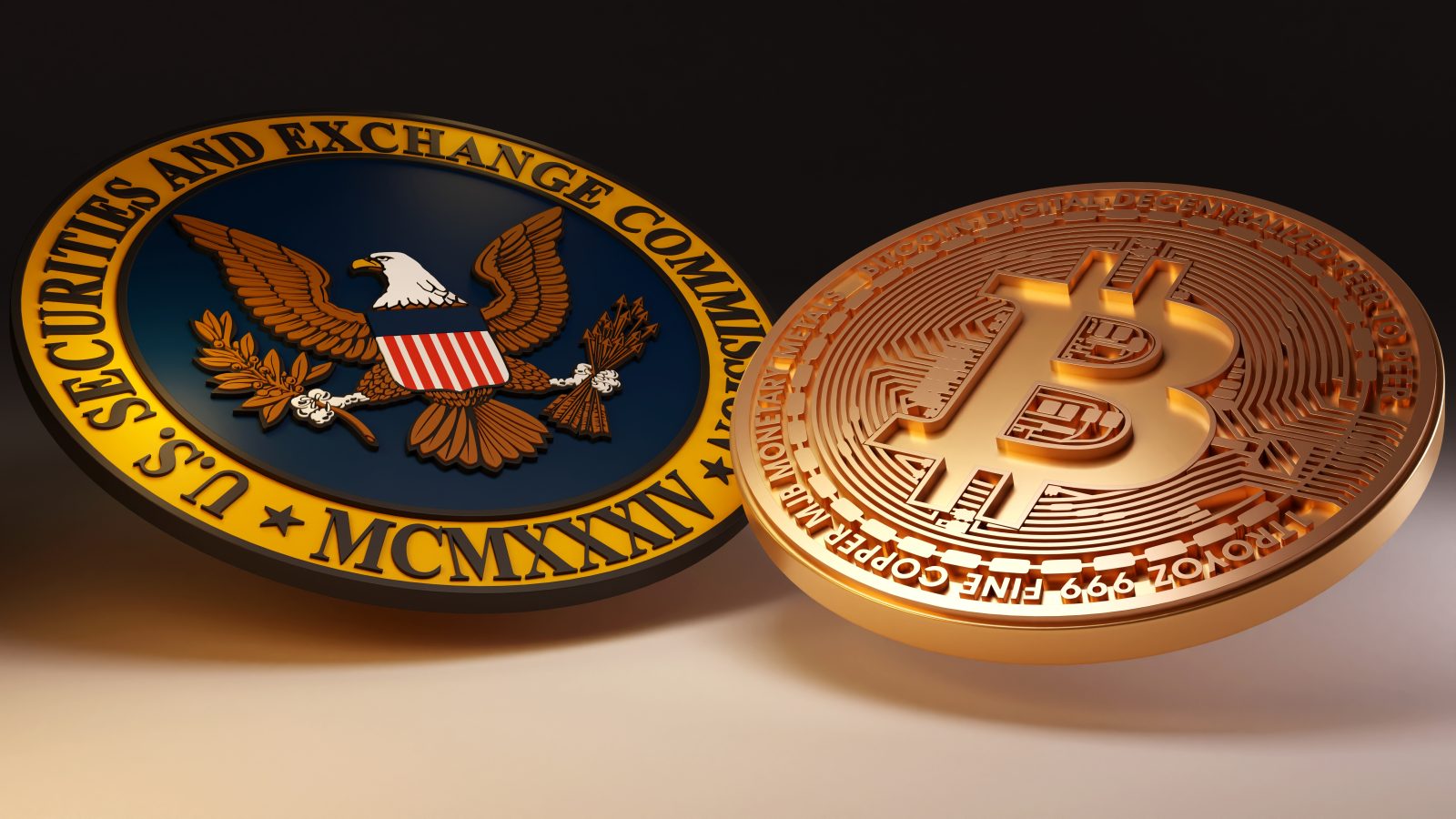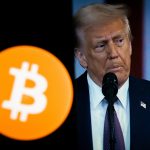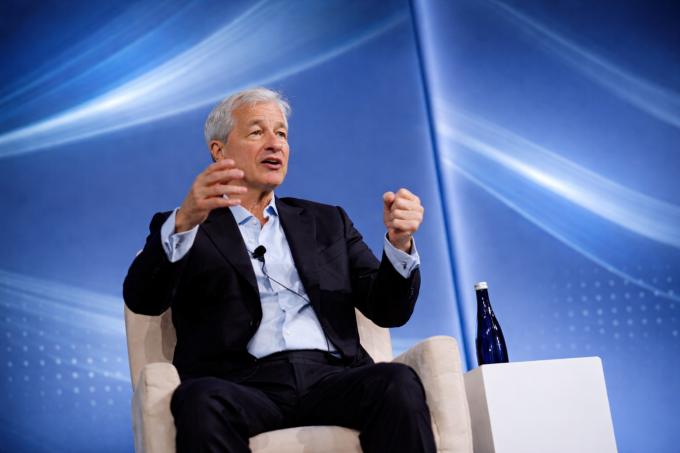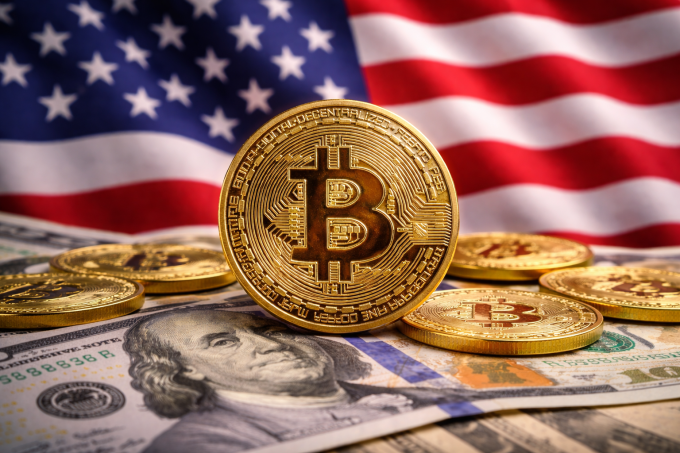The U.S. Bitcoin mining industry is bracing for a financial storm as newly imposed import tariffs threaten to add more than $100 million in costs to leading players, potentially reshaping the competitive landscape of global crypto mining. The development comes as Bitcoin trades near $68,200, up 115% over the past year, with miners already grappling with rising energy costs and tighter capital markets.
Tariffs Target Mining Hardware Imports
At the center of the issue are tariffs on specialized mining equipment sourced from Asia, where the vast majority of high-efficiency ASIC (application-specific integrated circuit) machines are manufactured. CleanSpark, a prominent U.S.-based miner, faces an estimated $185 million in additional duties over the next 12 months, while competitor IREN could see a $100 million hit, according to figures reported by Cointelegraph.
These tariffs come at a critical juncture: global hashrate—the measure of Bitcoin network computational power—has surged to a record 640 EH/s, intensifying competition and making cost efficiency a decisive factor for miner profitability.
Regulatory and Strategic Implications
The tariffs are part of a broader U.S. trade policy aimed at reducing reliance on foreign-made technology, but they risk undermining domestic crypto infrastructure. Industry lobbyists argue that the added costs could drive operations offshore to jurisdictions with lower regulatory burdens and cheaper hardware access.
“Every extra dollar spent on hardware is a dollar not spent on grid partnerships or renewable integration,” noted Sarah Goldman, an analyst at Fintech Research Group. “This policy could unintentionally cede U.S. leadership in a critical sector.”
Investor Sentiment and Market Impact
The market reaction has been cautious. Shares of publicly listed miners have underperformed Bitcoin year-to-date, with the Valkyrie Bitcoin Miners ETF (WGMI) down 12% since July despite Bitcoin’s double-digit gains. Analysts suggest that prolonged tariff pressure could weigh further on valuations, especially for highly leveraged firms.
From an investor psychology perspective, uncertainty over trade policy adds another layer of volatility to an already cyclical industry. While long-term believers view this as a temporary headwind, short-term traders may shy away from exposure until policy clarity emerges.
A Pivotal Moment for U.S. Crypto Mining
The coming months will test whether U.S. miners can absorb or circumvent these additional costs through efficiency gains, lobbying efforts, or supply chain diversification. For policymakers, the challenge will be balancing national security goals with the competitiveness of a sector central to the digital asset economy.
If the industry adapts, it could emerge more resilient and technologically advanced. If not, the unintended consequence may be a significant shift in Bitcoin’s geographic center of gravity—away from U.S. shores.
Comparison, examination, and analysis between investment houses
Leave your details, and an expert from our team will get back to you as soon as possible













https://shorturl.fm/FDEXu